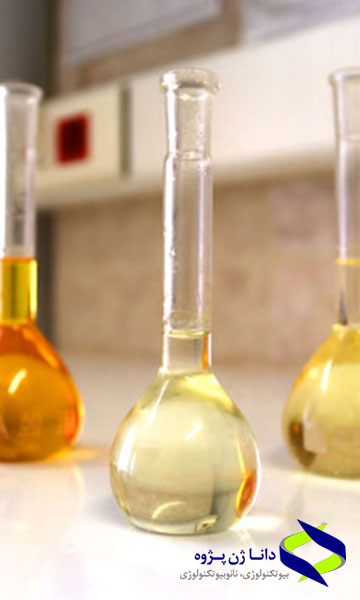Learn more about
Determination of mixing and adulteration of edible oils
Nowadays, many people are trying to use oils with high antioxidant properties and healthy, with a low percentage of harmful fatty acids, such as olive and sesame oil. On the other hand, high quality oils are more expensive than other oils. So, some profit-seeking people replace these oils with low-quality and cheap oils such as soybean, corn, rapeseed and sunflower. Usually, Chromatography and spectrophotometry methods are used to determine oil mixing by measuring numerical indices, changing the light refractive index and fatty acid profile. These methods can’t detect the type of mixing accurately, especially when more than a few oils mixed. While the Dana Gene Pajouh company sets up the PCR method to detect mixing and adulteration of oils for the first time in Iran. In such a way that we were obtained a national invention certificate in 2019 and were won the Alborz Grand Prize in 2022.
Precise identification of adulterated edible oils by PCR method
The basis of this method is DNA extraction of oils which is very complicated and difficult because of the nature of fatty acids. So Dana Gene Pajouh Company, relying on the technical knowledge and expertise of its elite forces, was able to set up the PCR method in this field. Therefore, we started the designing specific primers for olive, sesame, hazelnut, soybean, corn, rapeseed and sunflower. Then, the PCR test was done that our results shown this method is fast, accurate and repeatable. It is worth mentioning that we are currently the only laboratory in Iran that has obtained the license by the Food and Drug Organization for this service.

You may also be interested in these services too


